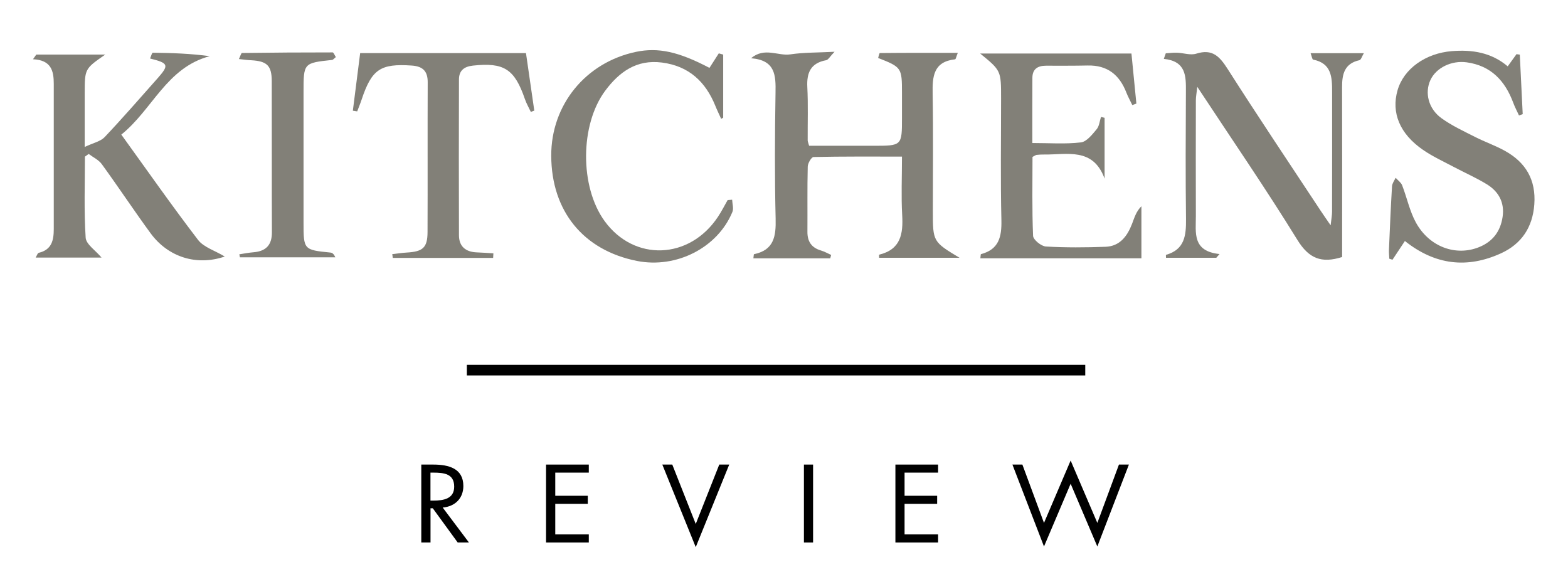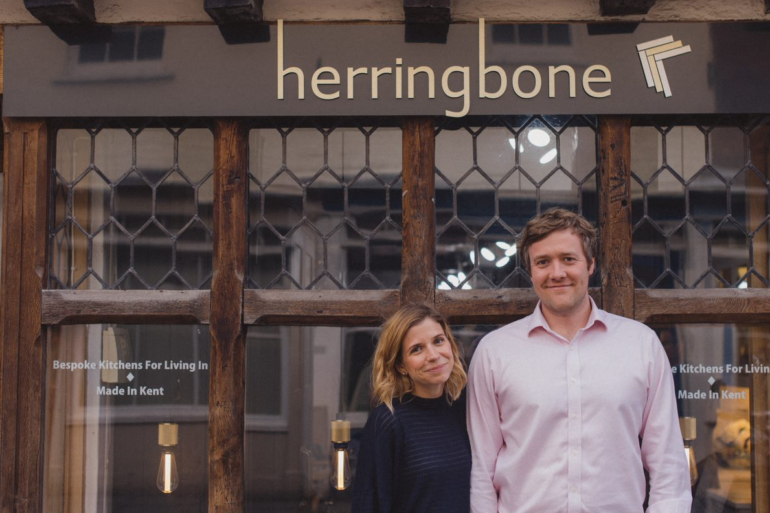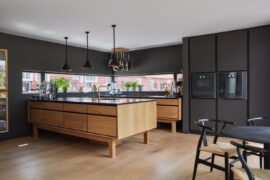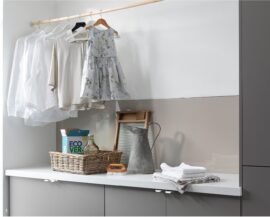Herringbone is the first UK firm to phase out high-silica quartz worktops to its clients. It says the move is in response to associated and recently reported health risks.
While there appear to be no risks to clients or installers of this material, it is said the risk comes when it is produced and cut by stonemasons. The decision comes in the wake of alarming findings from sources such as the report from the University of California, San Francisco (UCSF) and the announcement that Australia will become the first country to ban high-silica-engineered stone due to health concerns by July 2024.
The UCSF report allegedly sheds light on the health risks posed by the use of high-silica quartz in engineered stone, linking it to serious respiratory illnesses among workers in California. This revelation prompted widespread concern and increasing scrutiny of materials used in worktop surfaces globally. Similarly, Australia’s proactive decision to ban high-silica engineered stone by July 2024 underscores the urgency of addressing the potential risks associated with this material. Silica is naturally occurring in stone, such as granite and marble, at between 5-40%; however, in engineered quartz, it can be as high as 97%.
Kent-based Herringbone company owners William Durrant and Elly Simmons say they want to act with immediate effect and that this family-run business recognises the responsibility to prioritise the health of all stonemasons by taking immediate action against using high-silica quartz in its products.
William Durrant, owner of Herringbone, said, “Our priority is to keep our staff, suppliers, and clients safe, and so we will no longer be offering high-silica quartz options to new clients. Our stonemasons are confident that they have the strongest health and safety measures in place to protect their team and use water cutting to ensure this is safely done in their factory.
However, for us, these risks are unnecessary when there are alternatives on the market. We apologise to our clients that this is quite a big change for us in a short period of time. We wanted to act quickly to prevent anyone from being harmed. We are the first company in the UK that we know of to ban the sale of high-silica quartz, but we hope that more companies follow suit in the coming months. We hope you can understand why we made this decision and can stand behind us in working to keep the industry safe and accountable.”
This stone is currently one of the dominant products in the UK market. While this product is not currently being considered for a ban in the UK, it will be banned in Australia from July 2024, and other countries are considering similar bans. Importantly, there are no risks to clients once this product is installed or installers of this material on-site, however the risk comes when it is produced and cut by stonemasons and dust is created. For us, these risks are just a little too close to home and unnecessary when there are alternatives on the market.
Herringbone says it is staying true to its ethos of using sustainable, ethically sourced materials by asking its clients to pay slightly more for a safer worktop for stonemasons.





